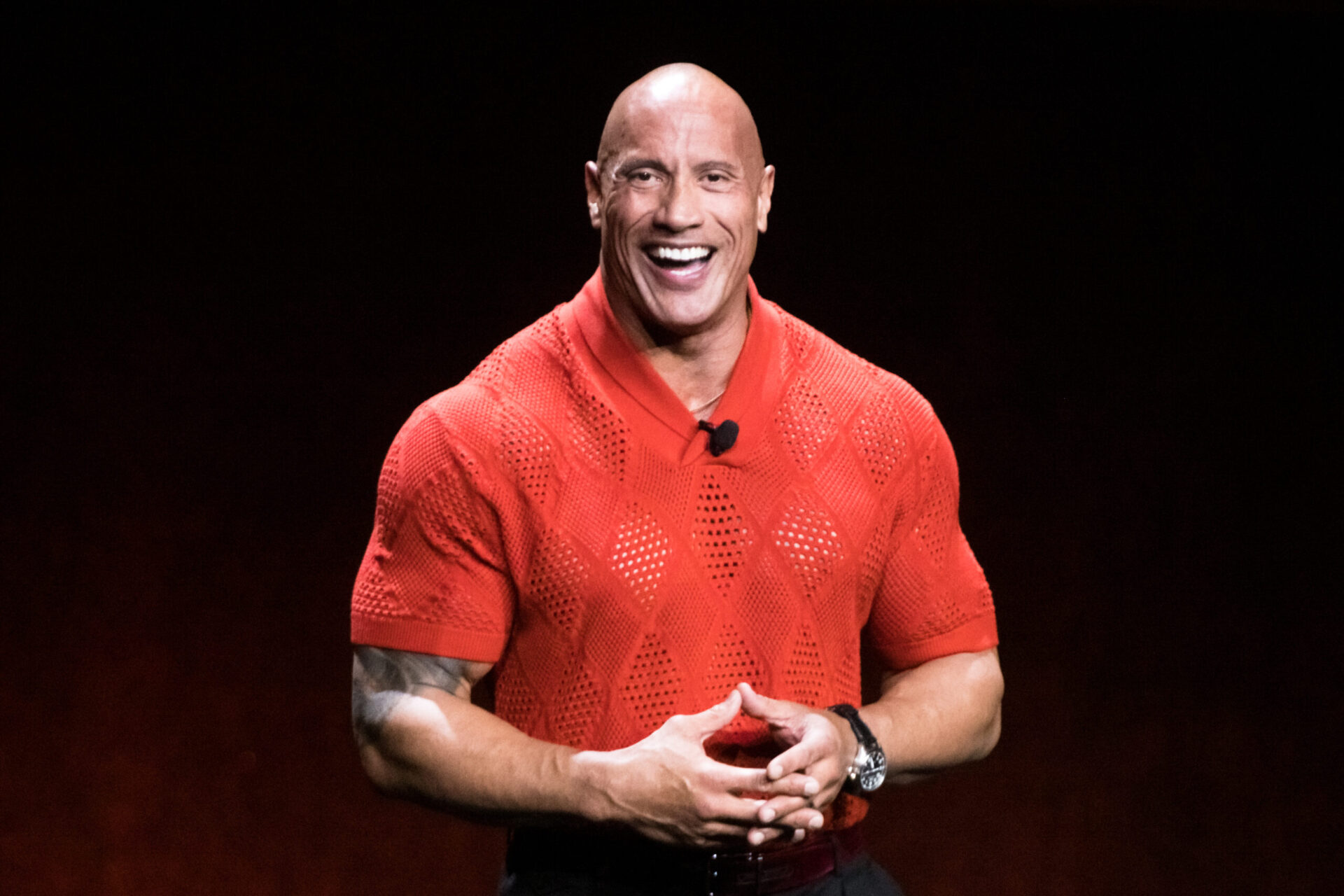This is part of The Shadow League’s yearly Black History Month In Focus series celebrating Black excellence in sports and culture.
Colin Kaepernick has blazed a trail that hadn’t been seen since the late 1960’s when Muhammad Ali turned the heavyweight boxing championship into his social pulpit and challenged society’s oppressive structure. Ali sacrificed a burgeoning boxing career to stand strong against a war that he felt was an extension of the United State’s attack on people of color.
Ali solidified his hold on the heavyweight championship by knocking out Sonny Liston in the first round of their rematch on May 25, 1965, and he defended his title eight more times. Then, with the Vietnam War raging, Ali showed up for his scheduled induction into the U.S. Armed Forces on April 28, 1967 and citing his religious beliefs, he refused to serve. Ali was arrested, and the New York State Athletic Commission immediately suspended his boxing license and revoked his heavyweight belt.
Muhammad Ali Tribute
We honor “The Greatest” on the one year anniversary of his passing
Convicted of draft evasion, Ali was sentenced to the maximum of five years in prison and a $10,000 fine, but he remained free while the conviction was appealed. Many saw Ali as a draft dodger, and his popularity plummeted. Banned from boxing for three years, Ali spoke out against the Vietnam War on college campuses. As public attitudes turned against the war, support for Ali grew.
In 1970 the New York State Supreme Court ordered his boxing license reinstated, and the following year the U.S. Supreme Court overturned his conviction in a unanimous decision.
When you look back at Colin Kaepernick’s decision to kneel during the national anthem as an active NFL quarterback and subsequent blocking of his professional NFL career as a result, you can’t help but make comparisons to Ali. The most significant part of their respective peaceful protest was that it required the ultimate sacrifice, everything that mattered at the time.
The View on Twitter
@TheRealLailaAli says her father Muhammad Ali would be “so impressed” with Colin Kaepernick’s protests, calling him “a catalyst for change”: “He’s really made this his life’s mission and I think it’s absolutely amazing.” https://t.co/f8u2wc159S https://t.co/fN02ocxLYt
Career, for any professional athlete, is paramount and the only thing that can stymie longevity normally are injuries and off-field controversies. Kaepernick had neither. He’s being blackballed for choosing to absolve his conscious of the guilt it was plagued with over the numerous police brutality cases that piled up while he achieved NFL glory.
The Blackballing of Colin Kaepernick Vol 2
Players, Coaches, and Owners have been adding to the commentary of why Colin Kaepernick hasn’t found a team willing to sign him for the 2017-2018 NFL season. These are just a few.
Like Ali, Kaepernick chose to wake up America utilizing his platform the best way he could. Ali was also a member of the Nation of Islam during a time when they were monitored by the FBI’s nefarious COINTELPRO investigation tactics. The comparisons between the cantankerous polarizing personalities of Presidents Richard Nixon and Donald Trump are startling and the uneasy tone in the country is omnipresent.
With most of today’s boxers following the “Money,” — aside from Andre Berto making a stand a few years ago — there has been no real activism within today’s boxing community. Ali will forever be the greatest for losing three of the best years of his life to fight enlistment into a war that he deemed as global imperialism. Both were against the numerous injustices heaped upon people of color and decided that advocating for the people was more important than financial gains.
Sports Illustrated on Twitter
Colin Kaepernick is a selfless warrior for social justice, and Muhammad Ali would be proud.’ – Kareen Abdul-Jabbar for SI https://t.co/ubwgN3Uyhz
When it is all said and done, what will be your legacy, is a question every athlete must ask themselves. Riches and the material trappings of life are fun but not everlasting. Ali was driven by his convictions, as Kaepernick is today despite the many detractors against him. It is a legacy that all can respect in life, and in the case of Ali, who became an even bigger icon, in death.
Let us remember the sacrifice that cemented a legendary life and look at the activism within sports today as the cycle of life returning to remind us all of the power of personal sacrifice.



